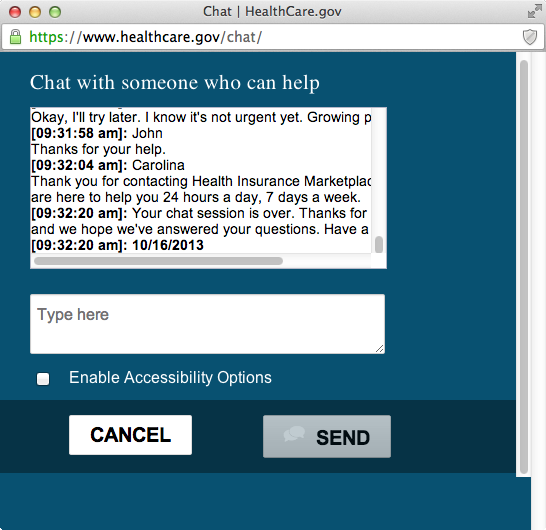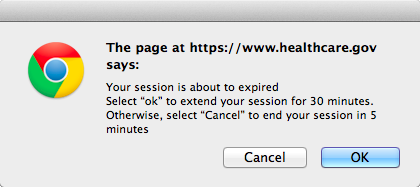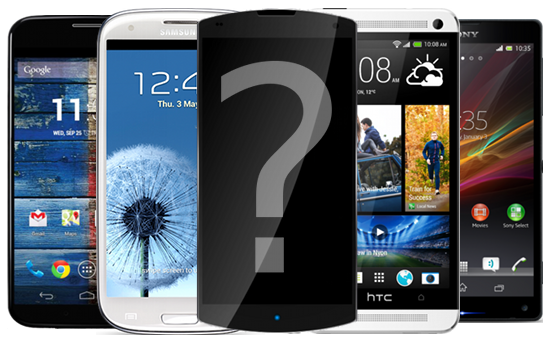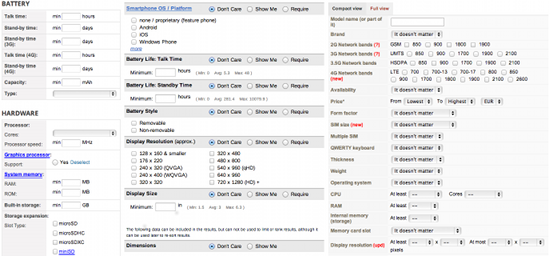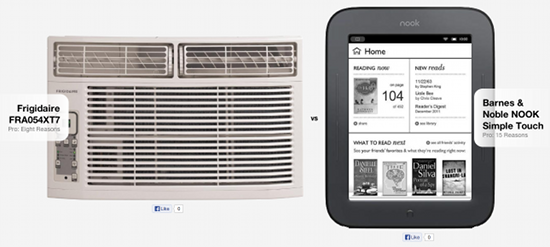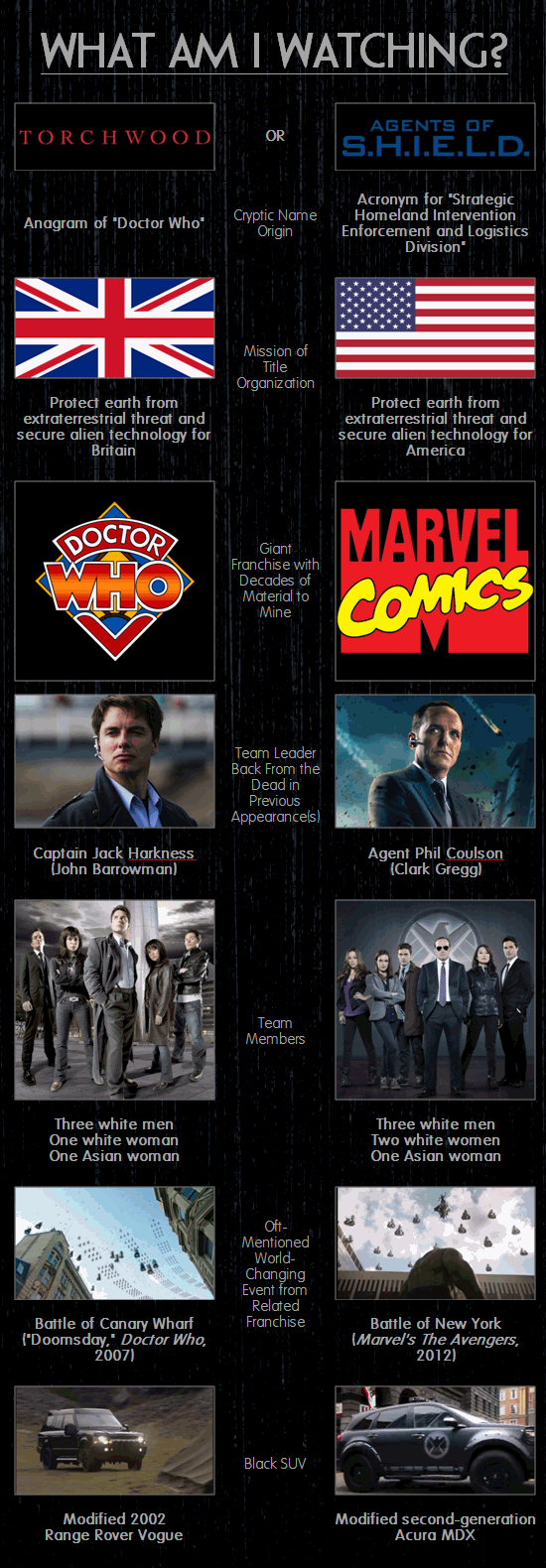The Terrible, Awful, Calamitous, Democracy-Crushing Obamacare Website Rollout
October 22, 2013 3 Comments
Yesterday, President Obama acknowledged that HealthCare.gov stinks.
Not in so many words, of course. He said the site is “not working as well as it should,” according to CNN. His speech followed a blog post on the Health & Human Services site on Sunday saying pretty much the same thing and detailing the work going into fixing it.
For supporters of the Patient Protection and Affordable Care Act – known colloquially as Obamacare first by detractors but later reclaimed by the President himself – the website rollout has been embarrassing. No, as Slate points out, a broken site doesn’t invalidate liberalism itself, but it does hand a free talking point to conservatives who claim that government can’t do anything right.
And yet, halfway through signing up for my own account last week, the process seemed to be going smoothly. Sure, the confirmation email to my Yahoo! account was shuffled into my spam folder, and even though the federal government surely has enough foresight and clout to suggest that email providers don’t block its addresses, ultimately that’s Yahoo!’s fault. Easily forgiven.
Sending me to a blank page instead of a promised eligibility report? That’s a little harder to swallow.
A friendly customer service agent did try to help me over live chat, but didn’t inspire much confidence. She was able to walk me through turning off pop-up blockers in several browsers, but since the chat itself was happening in a pop-up window, I was pretty certain that wasn’t the issue.
So my curiosity about health insurance options will have to wait. There’s been plenty of pontificating about how the tech sector would have supposedly done better setting up a portal like this. Like most big projects, the construction of HealthCare.gov was in fact contracted to an outside firm, but it still had to adhere to guidelines set up in the Affordable Care Act; there was no freedom to implement what worked first and innovate later.
There were undoubtedly unique challenges with such a large project and hard deadline. Still, many of the problems come down to sheer sloppiness.
It’s months before the individual mandate to have health insurance goes into effect. In the meantime, HealthCare.gov is getting fixed, and anyone can still apply by phone. Would I pick the federal government to design my startup’s website? No. But a stuttering unveiling does not a policy failure make. By incorporating user feedback and perhaps hiring some new developers, HealthCare.gov can still be useful.








